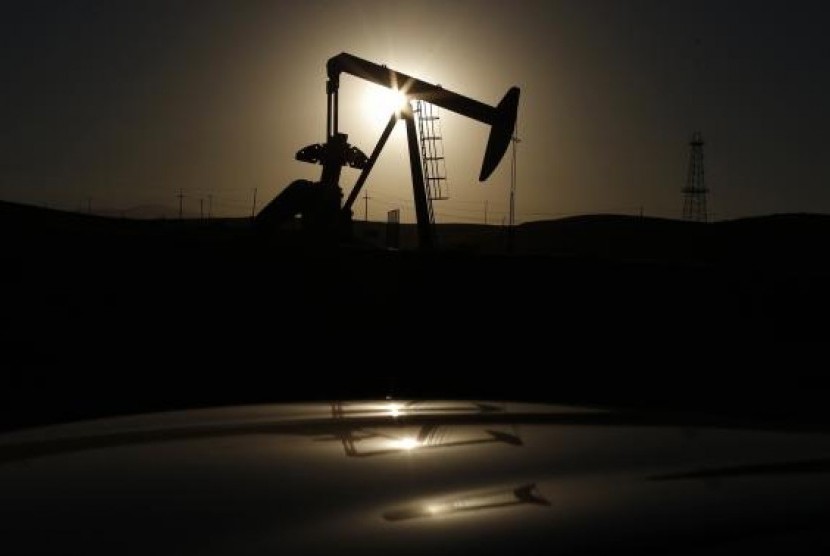REPUBLIKA.CO.ID, LONDON - Oil fell below 80 USD a barrel for the first time since 2010 on Thursday, as more evidence of a slowdown in China's resource-hungry economy chimed with OPEC warning of a substantial drop in demand next year.
Data from Beijing showed below-forecast factory output and investment growth hitting a near 13-year low, reinforcing signs that the world's second-biggest economy will see its weakest growth for almost 24 years this year.
Stock markets .MIWD00000PUS, however, were not put off, wagering that the lacklustre figures could encourage more support measures from the Chinese authorities in the coming months, and that the slide in oil could aid growth globally.
European shares .FTEU3 rose 0.5 percent in a small rebound from falls on Wednesday. Futures markets pointed to a positive start for Wall Street ESc1 1YMc1 NDc1 later too after Asian .MIAPJ0000PUS and emerging market stocks .MSCIEF had edged up overnight
But it was oil LCOc1 that remained the focus as it sat slumped at 79.60 USD a barrel, the first time since the end of September 2010 it had dropped under 80 USD.
The Organization of the Petroleum Exporting Countries (OPEC) said in its latest report on Wednesday that demand for oil was expected to drop by around a million barrels a day next year because of the US shale boom. Its top producer, Saudi Arabia, also gave little away about whether it will cut output to remove surplus oil from the market, ahead of what is shaping up to be a landmark OPEC meeting on Nov. 27.
"There are not many bullish factors to lift the market now," said Avtar Sandu, senior manager for commodities at Phillip Futures in Singapore. "But it's not a one-way street down. Those who have been selling want to take profits around this area."
The robust dollar .DXY added to the pressure on oil as it moved towards a recent seven-year high against the yen, driven by speculation that Japanese Prime Minister Shinzo Abe will call a snap election in December. A senior figure in Abe's ruling party told reporters it appeared the premier had indeed decided to call an election. If he wins, economists believe it will clear the way for further stimulus measures.


